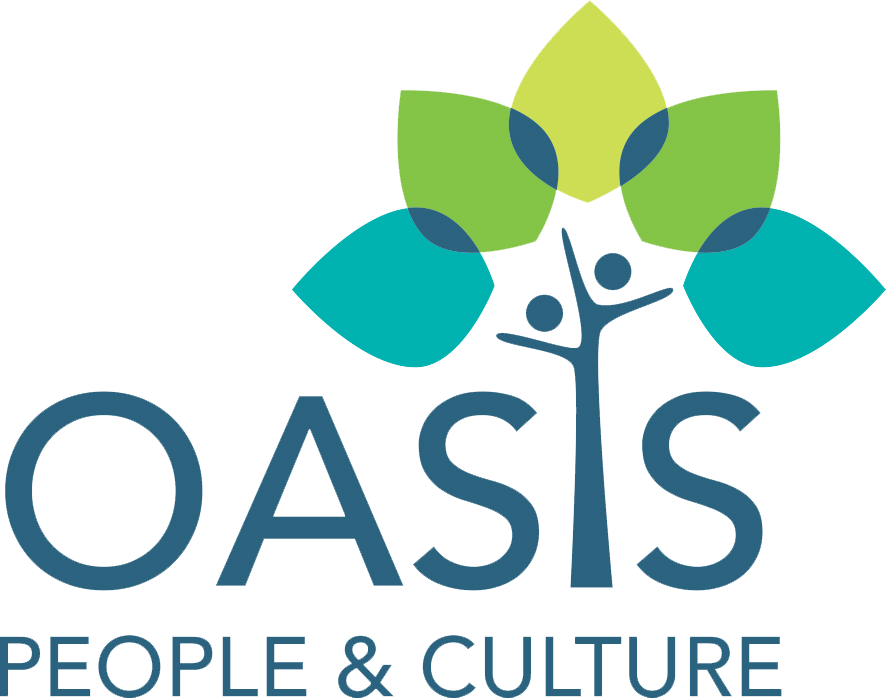Do bragging rights get better than this?
I'm pretty proud to say that I was an early adopter of the hip Motorola MicroTAC Ultra Lite mobile phone. Released in 1992, I recollect snapping up one of those bad-boys soon after they arrived at Fremantle's port. Its single line LED display was...breathtaking (slight exaggeration).
The Ultra Lite, despite its name, also came with a weighty financial burden; one that was neither considered by or affordable for me at the time.
This economic quandary wasn't necessarily the fault of Motorola - or Telstra for that matter. The thing was, this particular purchase and my entering into an accompanying burdensome phone contract were indicative of my dearth of financial literacy skills and my insatiable desire to fix buried internal issues with "stuff and substances".
What we hadn't realised was, Emily had not just married me, there was a sense she had also been hitched to my habits.
Fast-track to 2001, when Emily and I were married. In the midst of joy, hope and the anticipation of all things matrimony, an unaddressed shadow would conceal itself in the shade of our shared love of life, art, food and community.
The shadow? Well, what we hadn't realised was, Emily had not just married me, there was a sense she had also been hitched to my habits - in particular, the undisciplined consumer compulsions I had become adept at explaining away.
It's about what happens when we are confronted by those moments in life, be they at work or at home, that seem utterly insurmountable.
When the chickens came home to roost
Before explaining the implications of being betrothed to debt, I should probably point out that this article isn't actually about financial literacy or out-of-control spending as such. It's about what happens when we are confronted by those moments in life, be they at work or at home, that seem utterly insurmountable; those road-blocks to progress and productivity that leave us with anxiety, frustration or worse, a feeling of complete despair.
In our case, one particular tax-year, just before visiting our accountant, Emily and I were confronted by the realisation that our poor economic decision-making on the home-front would likely leave us with a sizeable tax debt. What was most notable for us was that, in contrast to other times, we would make a conscious decision to look for the opportunity in the midst of the adversity. As it turned out, that opportunity would be found in us adopting a framework of wonder.
Opportunities like these come up so frequently in our teams and in our homes.
We decided to have a meeting before the meeting. Over coffee, and before working through the exact numbers with our accountant, Emily and I would have an intentional and structured "wonder" conversation. Together, we would ask and map out the answers to a series of questions:
I wonder how... we ended up here?
I wonder who... we could speak to in order to get help?
I wonder why... we have avoided these conversations before?
I wonder what... next steps we could commit to together?
Certainly, these are not the only questions we asked and they are not the only questions that could be asked when faced with uncertainty, hurdles and challenges. The focus of the questions is what was most important and the focus was on wonder.
Wonder over futility.
Wonder over fear.
Wonder over rage.
The reality was worse than we thought.
At the end of it all, the accountant gave us the news. It was far worse than we thought. Our debt was twice what we had anticipated.
What we noticed, though, was that our wonder-based conversation equipped us with the language and reference points to avoid blaming each other, it held us back from wallowing in self-pity or resentment, it reduced the amount of worry we carried and it empowered us to move forward with a sense of unity and with concrete actions we could each take responsibility for.
Opportunities like these come up so frequently in our teams and in our homes. They present themselves in the form of a direct report's underperformance, missed expectations, risks that didn't pay off as we had hoped and unanticipated external agents or circumstances we had no power over.
The most valuable time you spend in the face of these moments, could be in wonder; making space, before reacting or choosing a course of action, to ask questions around:
I wonder... who, what, where, why, when and how.


